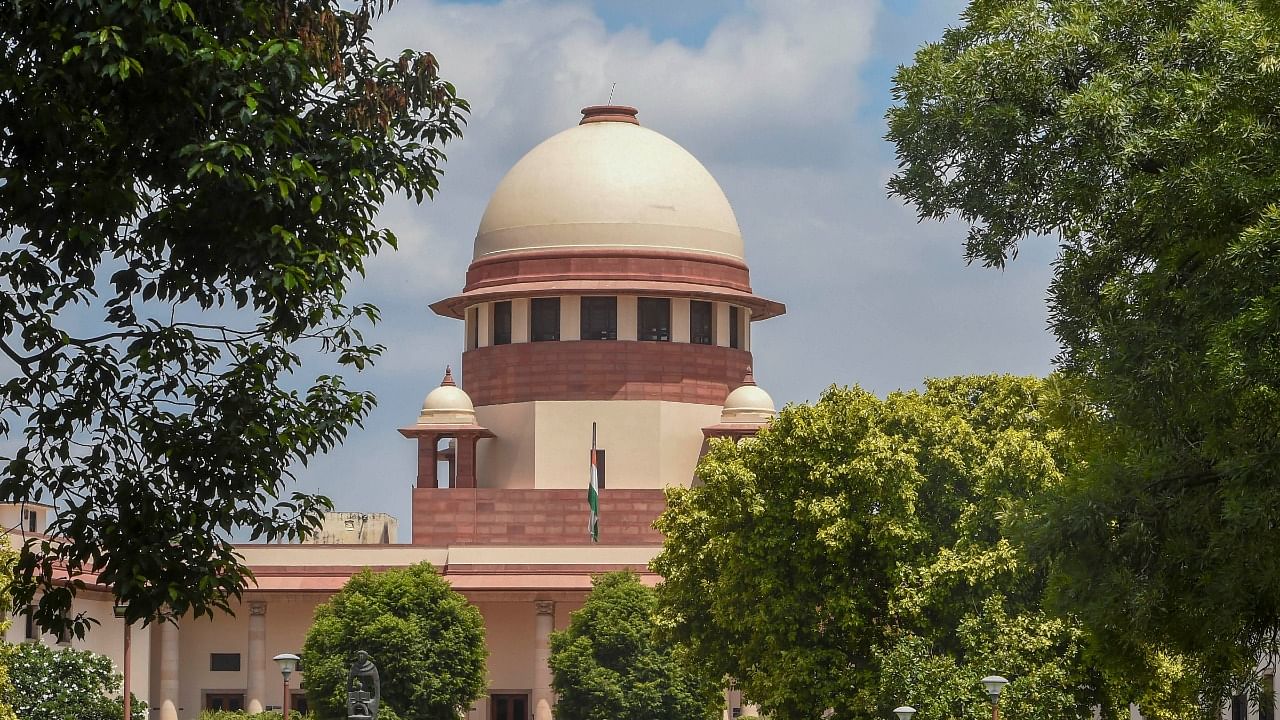
The Supreme Court on Wednesday told the Uttar Pradesh government to shift journalist Siddique Kappan from Mathura jail to a hospital in Delhi, due to his co-morbidities. The order comes after he tested negative for Covid-19.
A bench of Chief Justice N V Ramana and Justices Surya Kant and A S Bopanna rejected a contention made by Solicitor General Tushar Mehta on behalf of the Uttar Pradesh government that his case should be examined by a medical board and there were about 50 other Covid-positive inmates getting treatment in Mathura jail.
Mehta said moving Kappan to Delhi would be injustice. It would be difficult to request a bed for a 42-year-old non-Covid patient at a time when so many Covid patients were struggling over bed availability in hospitals.
The court, however, took the case on humanitarian grounds, stating he can be shifted back to Mathura jail once his treatment was over at R M L hospital or AIIMS or any other government hospital.
It also disposed of a habeas corpus petition filed by the Kerala Union of Working Journalists for release of Kappan, arrested on October 5, 2020 under the Unlawful Activities Prevention Act while on way to Hathras after rape and murder of a Dalit girl. The state government alleged that the journalist had been found associated with the Popular Front of India, and wanted to create caste and communal divide.
The court said Kappan, for his part, can move the competent court for bail.
Also Read | Arrested journalist Siddique Kappan chained to bed, writes Kerala CM Vijayan in letter to UP counterpart
Advocate Wills Mathews, appearing for the association, contended that Kappan was forcefully discharged from hospital in Mathura on Tuesday, though he was still critical, after having suffered a fall in the bathroom due to weakness.
He also submitted that procedure established by law was not followed in the arrest of Kappan, a journalist.
Mehta, on the contrary, claimed that the accused was found in possession of a fake identity card. He worked for 'Tejas', an acclaimed mouthpiece of PFI, which had links with SIMI. "Tejas is so extreme in his views that it created religious discord in Kerala. It called Osama Bin Laden a martyr when Kappan was an active contributor," he said.
The court, however, found that the PFI was still not banned across the country.
